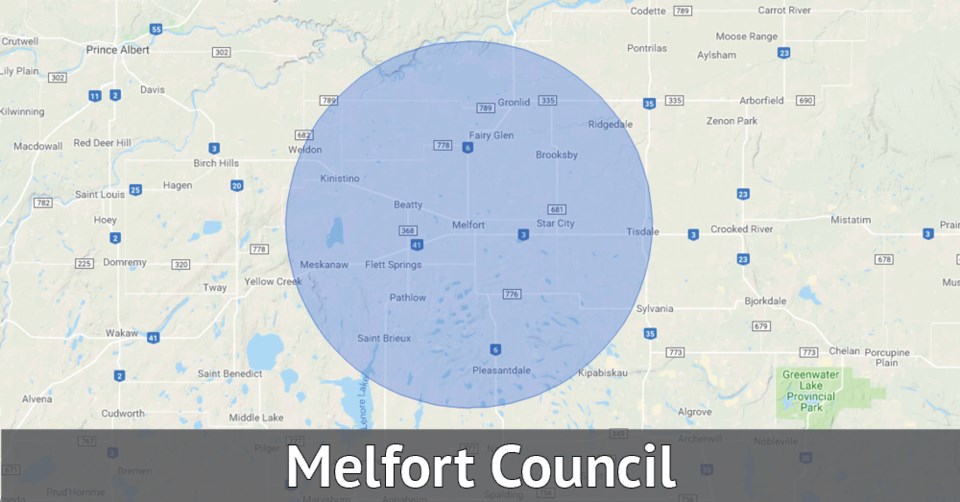MELFORT — A new special needs transit policy will make it easier to transfer older residents to an open space in a long-term care facility using that vehicle instead of an ambulance.
It’s Saskatchewan Health Authority policy that if a space opens up in another Northeast community, the person has to take it. If a space opens up in Melfort later, they can then come back.
The problem has been that the handi-van was limited to travelling within 40 kilometres of Melfort – only far enough to reach Tisdale, St. Brieux and Kinistino. Other places required an ambulance – even if the person was mobile.
“We thought that ties up an essential service, for an ambulance to be transferring somebody who is actually well to a nursing home,” said Coun. Doug Terry, the chair of the public works committee.
So Melfort council voted to remove the 40 kilometre limit – and made some other changes to its policy – at its July 9 meeting.
“We found that we could quite possibly accommodate those requests if we looked at the rates and the timing and using our second unit, so we’re going to give it a try,” Terry said.
The fees for the handi-van service will also increase from $0.75 per kilometre outside the city to $2.20. A $75 fee for each hour on the road remains unchanged.
“If we’re tying up a unit and putting that kind of mileage on it and having a second driver, we need to recover our costs and so those rates were increased for that reason, to reflect that,” Terry said.
Also added to the policy is a clause that allows drivers to limit service for non-essential requests during extreme weather.




